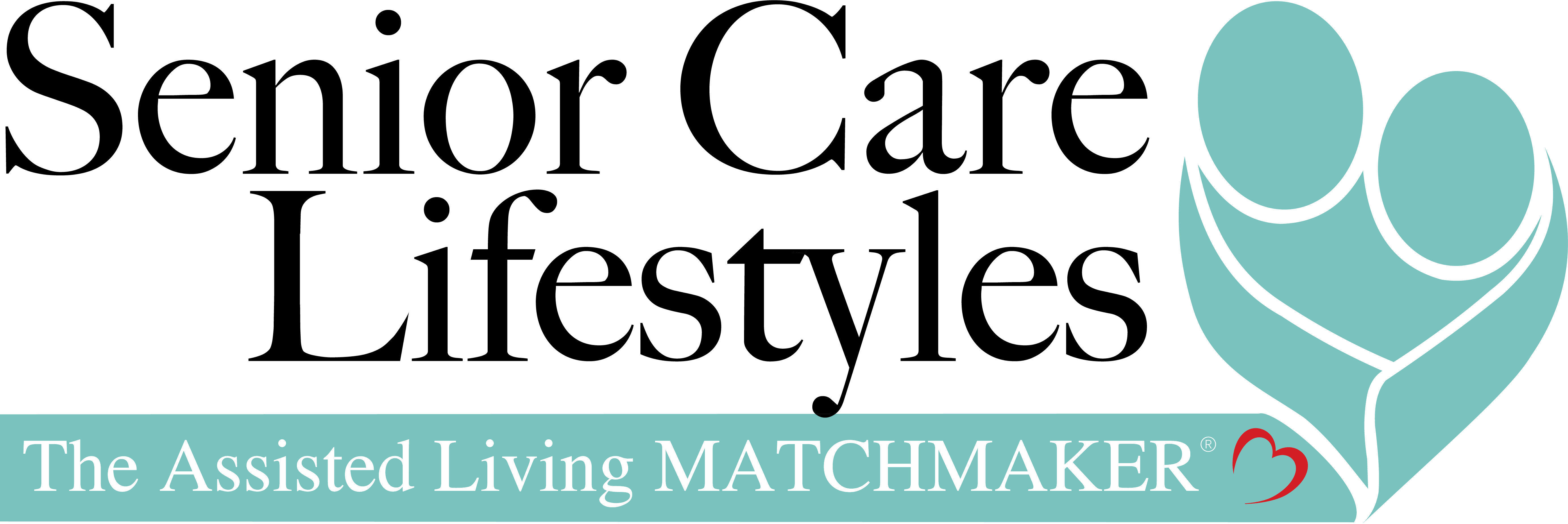- Serving, Baltimore, Harford, Howard, Anne Arundel and other surrounding counties.
- 410-977-3718
Deciphering Senior Living Options

“I believe there is an affordable, compassionate home for every senior to age in gracefully with respect and dignity in a nurturing and caring environment.”Deborah CEO/Owner
Deciphering Senior Living Options
It is truly a blessing of the times that there is such an array of services today that are affordable to provide seniors options for living in communities that meet their individual medical care needs, personal interests, financial budget, and location preferences. Every individual’s situation is unique and it is important to understanding all the options, short & long term costs, eligibility and timing to apply for government financial programs to assist with in-home or assisted living care. The process itself can be very overwhelming and sometimes costly to families. Senior Care Lifestyles takes the time to break down every senior living option and educate our families so they can make informed, confident decisions for their loved one.
Independent Active Lifestyle Community (Monthly Rent & Care Costs)
Independent living communities are designed for active seniors currently living on their own, who require little or no daily support from professional caregivers but enjoy assistance with home upkeep, hand rail, bathroom and wide hallway safety enhancements, community transportation to run errands, participate in outings, social activities and medical appointments all with access to 24 hour staff on standby, if needed. Often there is additional on-site support services such as healthcare providers, doctors, nurses & medical technicians to assist with scheduled medication administration. Residents of these facilities live in fully equipped independent private apartments, standalone cottages or condos with monthly costs ranging from $3,000 to $6,000 and various meal dining options customized to their preferences.
Assisted Living (Monthly Rent & Care Costs) – Mid to Large Size
Seniors having difficulty caring for themselves but not requiring around the clock medical care will want to consider the vast number of assisted living options. In Maryland, facilities are licensed to provide care to residents based on one of three levels of required care: low, moderate, or high. While skilled nurses may not be available 24 hours a day, staff are trained to assist residents with tasks such as bathing, dressing, daily household chores, and medicine management. Monthly rental costs in communities catering to more than 16 residents typically range from $3,200 to $8,000, depending on the type of facility, location, level of care and services required. Many facilities offer safe secured neighborhoods within the community for the special care needs of seniors challenged with various stages and types dementia. Each facility will be different, so carefully reviewing what is and isn’t offered will be a very important step when choosing one.
Small Residential Care Homes (2-16 Residents)
Residential care homes provide similar services to those of larger assisted living communities and are licensed and regulated by the same COMAR guidelines. They are equipped to care for a smaller number of residents, typically up to sixteen. As with a larger assisted living community, residents receive assistance with daily activities and personal care, but in a more intimate and homelike environment. Residents live in semi-private or private rooms ranging from $1,700 to $4,000 per month with a shared or private bathroom. Three meals, snacks, laundry, cleaning, medication management, activities and assistance with all types of daily care needs are included. While residential care facilities are not required to have a full time in-house medical staff, their staff’s activities are generally guided by an outside medical team comprising of a doctor, nurse, podiatrist, in-home rehabilitation team and sometimes hospice. Some residential care homes meet additional licensing requirements to properly care for residents with dementia. Homes or facilities that are licensed in this way are ideal for dementia patients transitioning from their family home, as they provide a safe and soothing environment that feels more home-like and often to some less stressful than a larger assisted living community.
Continuing Care Retirement Community (CCRC) – Entrance Fee & Rent
Most CCRC’s have a monthly rate based on the size of their apartment after paying a one-time entrance or buy in fee. CCRCs offer various services and housing options that allows seniors to age in place in independent living with the option to transition to assisted living, or skilled nursing areas of the community if personal care needs change and more help is required with activities of daily living. A CCRC provides its residents with all the care they need, for the rest of their lives. Independent living units, assisted living units and skilled nursing services are all available in one place. Not all CCRCs offer separate Dementia/Memory care neighborhoods within the community with specialized trained staff. It is important to consider both physical and cognitive long term care needs and family genetic history when selecting a community.
There are three contract options to choose from:
- Type A, Extensive or Life-Care Contract: This contract involves the highest entrance fee, but is the most inclusive contract, allowing the resident to use more healthcare and assisted living services as needed, with little or no monthly increase.
- Type B, Modified Contract: This contract offers a lower entrance fee and limits the amount of services that may be accessed without an increase to the monthly rate.
- Type C, Fee-for-Service Contract: This contract typically offers lower entrance and monthly fees. It includes the expected residential services and amenities, but requires residents to pay market price for any health-related services.
While choosing this sort of community isn’t cheap (most entrance fees range from $40,000 to $600,000, in addition to monthly fees), the benefit is that a person may enter the community as an independent resident, with the knowledge that the community he or she has chosen can be called home throughout all the levels of care required during the aging process.
Nursing Home/Skilled Nursing Facility (SNF)
Nursing homes or skilled nursing facilities are the best options for anyone requiring a high level of medical care and assistance such as IV therapy, wound care, immobility and assistance with most activities of daily care. Residents typically share a room and take their meals in a central dining area, with licensed nurses available twenty-four hours a day. Typically SNF’s are private pay and costs range from $8,000 to $12,000 a month as residents receive the highest levels of personal and medical services. Oftentimes the cost of Nursing Facilities can be offset by Long Term Care Medicaid, if eligible.




